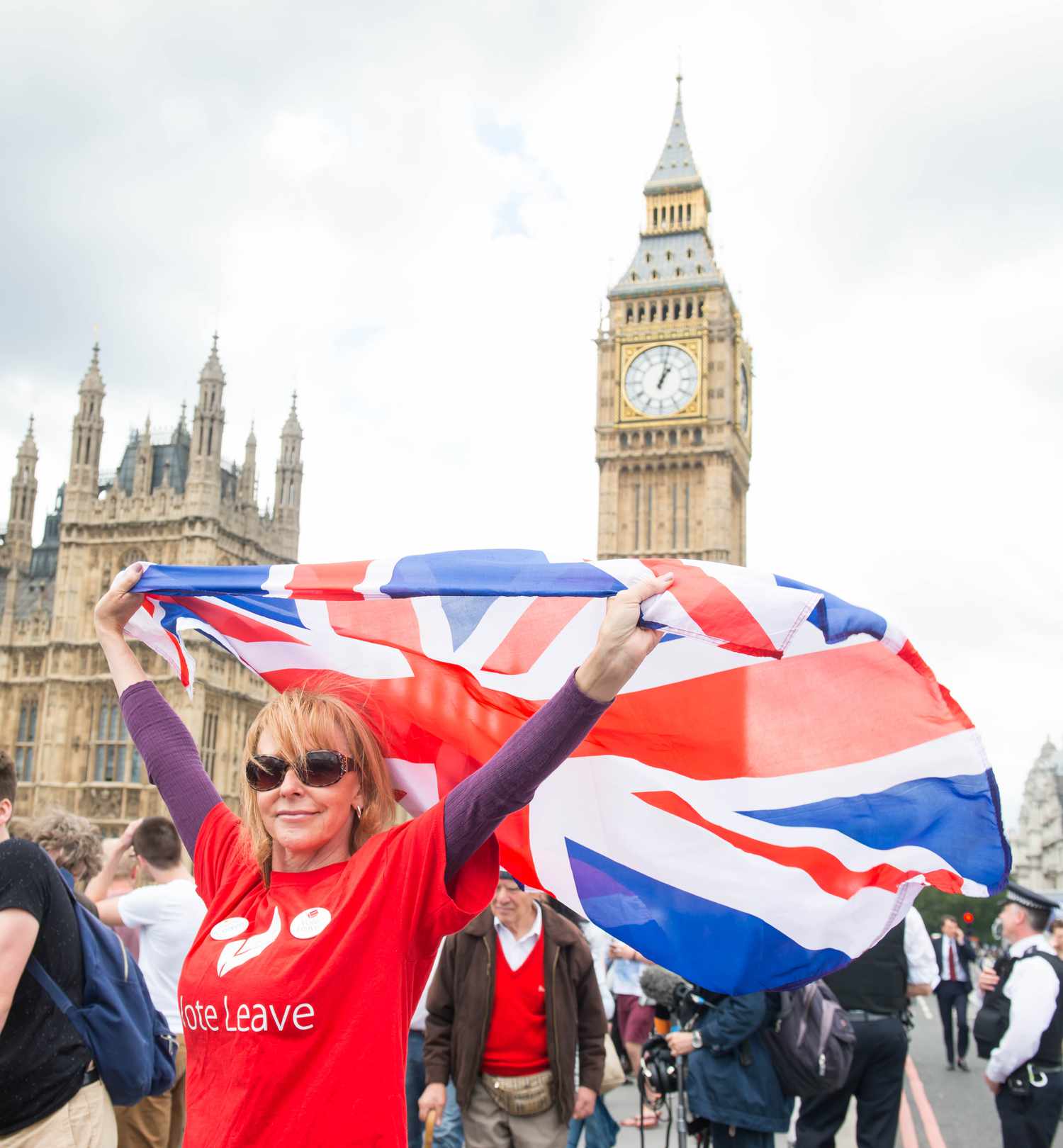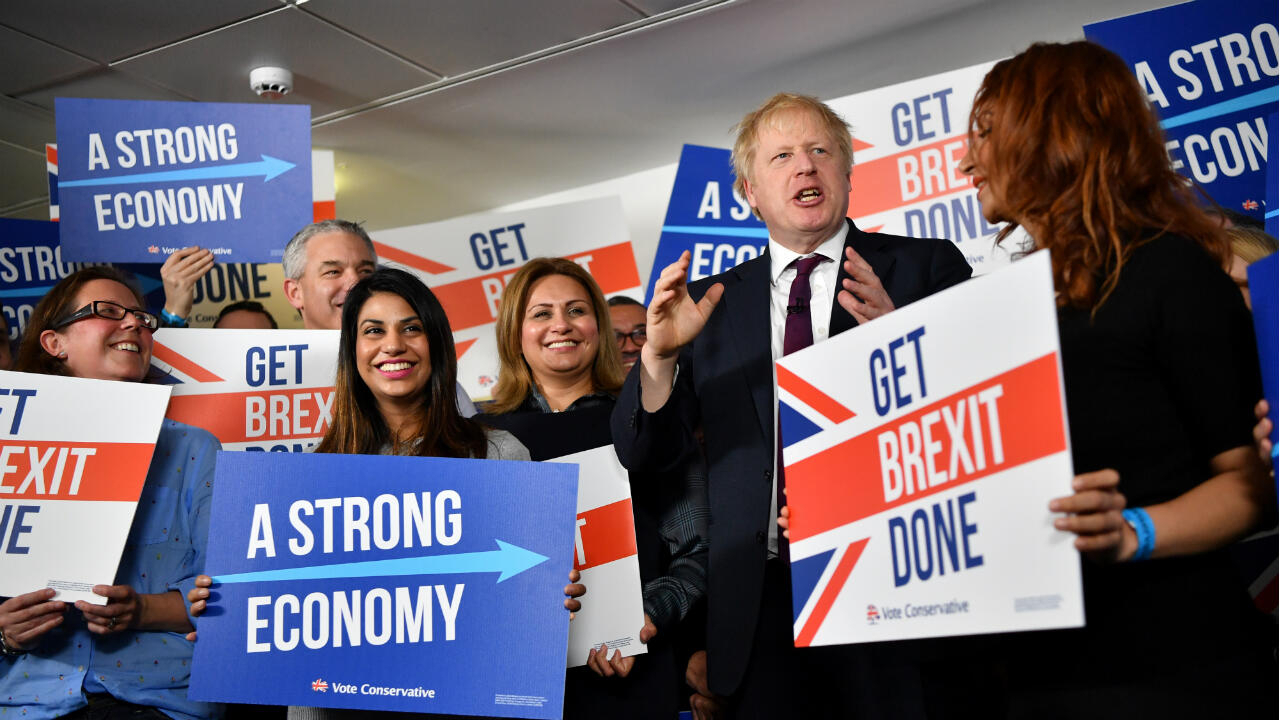In the lead-up to the July 2024 general election in the UK, Brexit has become a conspicuous absence in the campaign rhetoric of the major parties despite its profound implications for the country.
The veteran Conservative politician Michael Heseltine has criticized this silence, calling it the most dishonest election campaign in modern times, as both Labour and the Conservatives skirt around Brexit-related discussions. Heseltine argues that Brexit remains the underlying crisis facing the nation, affecting everything from the economy to immigration and defense.
Since the 2016 referendum, Brexit has proven complex and divisive, with promises like regaining control over borders showing limited results. Instead, net migration has risen, contradicting Brexiteers’ assurances. Prime Minister Rishi Sunak, a prominent Brexit advocate, has been evasive when confronted with these issues, highlighting the challenges his government faces in addressing Brexit’s aftermath.

Brexit’s Absence in the 2024 UK General Election Campaign
Surprisingly, even the Reform UK party, formerly the Brexit Party under Nigel Farage’s leadership, has downplayed Brexit in favor of focusing on other issues like migration and human rights. This shift in strategy has not hindered their rise in popularity, with polls showing them narrowly ahead of the Conservatives in some areas.
Labour, on the other hand, faces its own dilemma. Leader Keir Starmer, while personally against Brexit, is wary of alienating voters in crucial ‘Red Wall’ constituencies who supported Leave in 2016. This balancing act has led Labour to avoid advocating for rejoining the EU or its economic structures despite acknowledging Brexit’s economic impact.
In contrast, smaller pro-European parties like the Liberal Democrats and the Green Party openly advocate for rejoining the single market and customs union, respectively. They appeal to voters disillusioned by the major parties’ silence on the EU issue, particularly in the South of England, where tactical voting might sway outcomes.
Despite public sentiment increasingly turning against Brexit, with a majority now regretting the decision to leave and a significant number open to rejoining the EU, both major parties remain cautious. Analysts like Tim Bale suggest that future governments may face mounting pressure to reconsider Brexit policies if economic growth stagnates or worsens over time.
As the election approaches, the future stance on Brexit remains uncertain. While Labour focuses on kickstarting economic growth outside the EU, questions persist about how long the electorate’s dissatisfaction with Brexit’s outcomes can be ignored by policymakers. The election’s outcome could pivot on whether voters prioritize Brexit’s economic impact or other domestic issues, shaping the UK’s trajectory in the post-Brexit era.











































